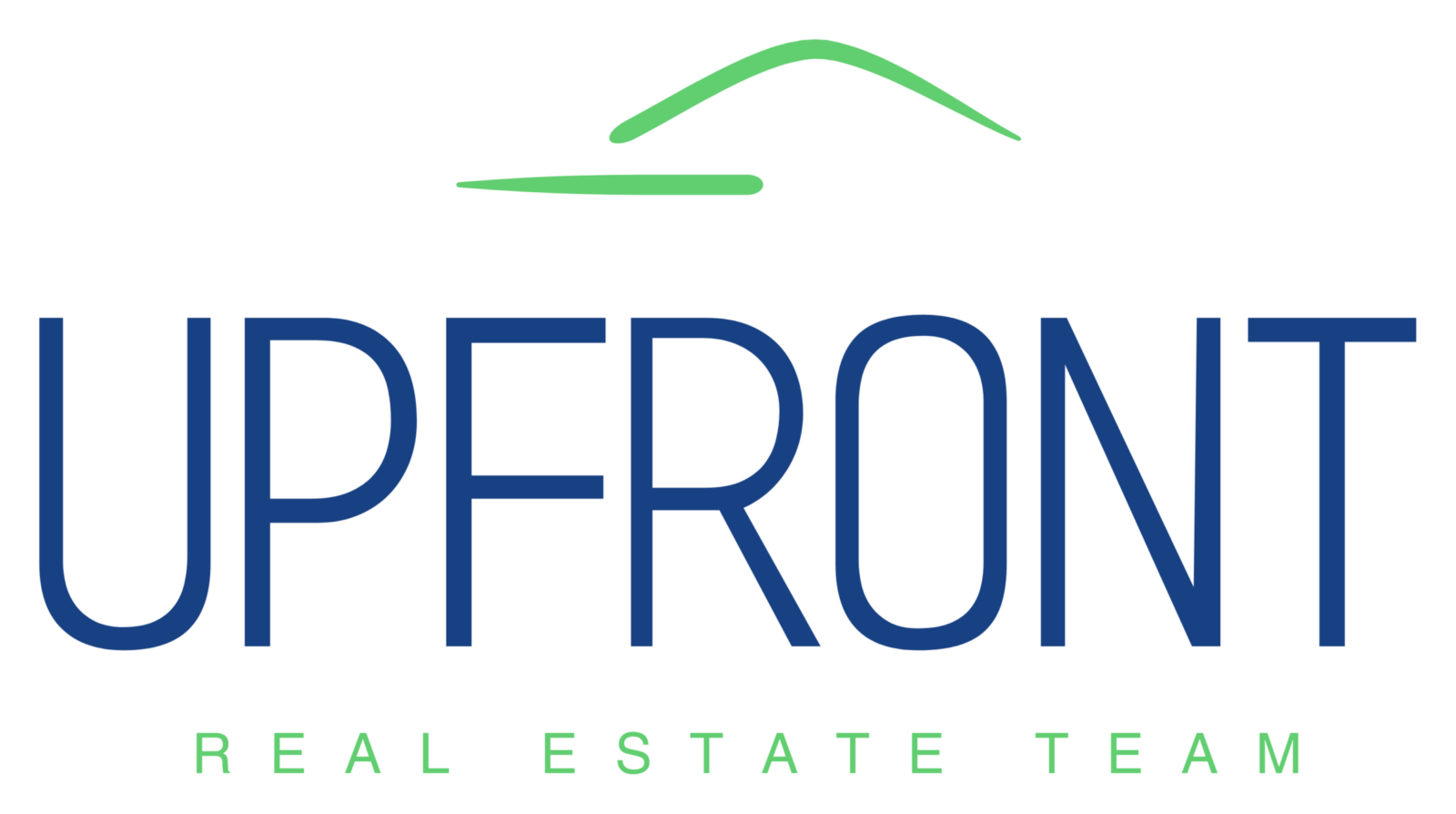We're here to guide you and answer all your questions.
CONTACT US AT ANYTIME
786-267-8207
786-426-7829
UPFRONTRE@GMAIL.COM
1. Leading Up to Closing Day
2. What Happens at Closing
3. Closing Costs You Can Expect

Shortly after the Purchase and Sales contract is executed by the Seller and the Buyer, the Closing Agent will begin preparing for the Closing. The Closing Agent may be a Title Company or a Real Estate Attorney.
Who chooses the Closing Agent? The short answer is, it depends where you are. In Miami-Dade and Broward Counties, generally, it is the Buyer who chooses the Closing Agent. In Palm Beach County it is the Seller who makes that choice.
A Title Company can greatly influence whether a home purchase or sale closes successfully or not. Seek the advice of your Realtor. We know exactly what to expect during the process.
In preparing for the Closing, if there are existing mortgages on the property, the Closing Agent will request payoff information from the Lenders. A request for any information regarding homeowners or condominium association dues and/or transfer fees is also sent.
In case of a new mortgage being obtained, the Closing Agent will work closely with the new Lender to make sure that all of the Lender’s closing requirements are met.
The Title search is then ordered to verify the seller’s right to transfer ownership of the property and to discover any outstanding Title issues. (http://07g.a79.myftpupload.com/title-insurance ) A search for Open Permits with the City or the County will also be done. Some Lenders will require all open permits to be closed in order to approve financing on the property.
Once the Lender approves the Loan, the Closing Agent and the Lender will start preparing a Closing Statement. The Closing Statement outlines all costs associated with the transfer of ownership and the fees charged in connection with the new loan.
Finally, the Lender will deliver the Loan Package to the Closing Agent. The Closing Agent will do a final review of the Closing Statement with the Lender and thereafter share it with the Buyer, Seller, and their Attorneys for full disclosure and approval.
On the Closing day, the participants review and execute the numerous legal documents in order to signify the closing of the escrow account and complete the property purchase process.
Closings involve loads of paperwork, including the property Title transferred from the Seller to the Buyer, and the Deed which grants legal rights is also signed by the Seller and given to the Buyer on Closing day. If the property is financed, the Buyer will sign the Mortgage note.
Funds are then transferred from Escrow. Once the Closing funds have been received in the Seller’s bank account, the keys are delivered to the Buyer and the Sales Transaction is successfully completed.
The Closing typically takes place in the Closing Agent’s office. Nowadays, it’s common for all parties to be in different locations, and upon request, the Title Co. will send a mobile notary to do the Closing in a location convenient to all of the parties.
If you are purchasing your home for cash, no lender is involved, so you and the seller can decide the most convenient closing location.
Closing Costs are the fees and charges both buyers and sellers pay at the Closing of the Real Estate Transaction. They include fees related to the origination and underwriting of a Mortgage Loan, Real Estate Commissions, Taxes, and Insurance Premiums, as well as Title and County record filings.
Closing Costs must be disclosed in advance by law to Buyers and Sellers and agreed upon before a Real Estate deal can be completed.
Closing Costs can be broken into these categories:
– Title Search and Title Insurance
– Pro-rated Property Taxes, and Pro-rated Homeowner’s/ Condominium Association fees.
– County Record filings: Local governments charge recording fees and taxes to record the sale of the property.
– Loan origination fees: Property-related fees which cover expenses your Lender incurs in evaluating the property you’re financing, and Mortgage-related fees which cover the cost of processing your application.
– Lender’s Escrow: Lenders will require the Buyer deposits in the Lender Escrow, two or three months of Property Tax, Mortgage Insurance, and Homeowner’s Insurance payments at Closing.
– Closing Fee. This is the fee that is paid to the party that handles the Closing.
– Attorney’s fees
– Real Estate Commissions
A WORD ABOUT OPEN PERMITS.
Permits are sometimes an overlooked aspect of Real Estate transactions. If permits are not timely addressed before a house is sold they can cause unforeseen issues.
Leaving a permit search until the last moment can mean the current owner does not have time to remedy the situation before the closing. Alternatively, if a buyer is not made aware of open permits until after the closing they may have to address them and cover the costs themselves.
CONTACT US AT ANYTIME
786-267-8207
786-426-7829
UPFRONTRE@GMAIL.COM
